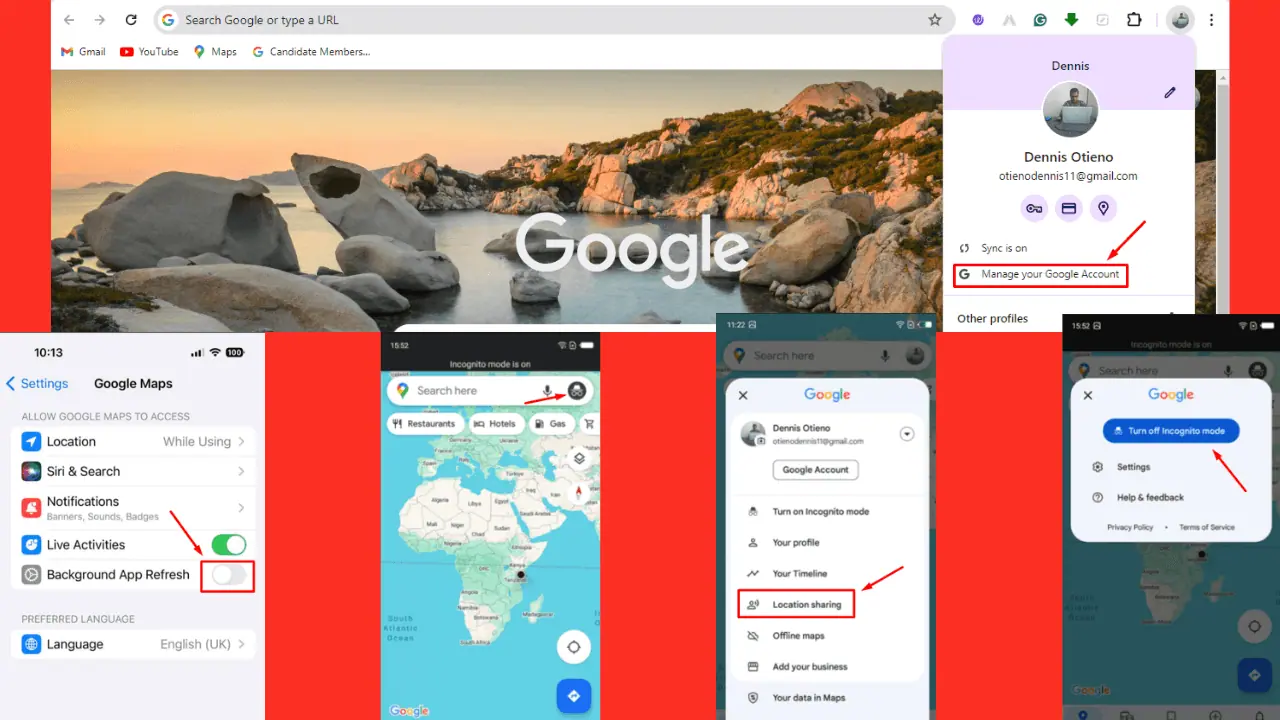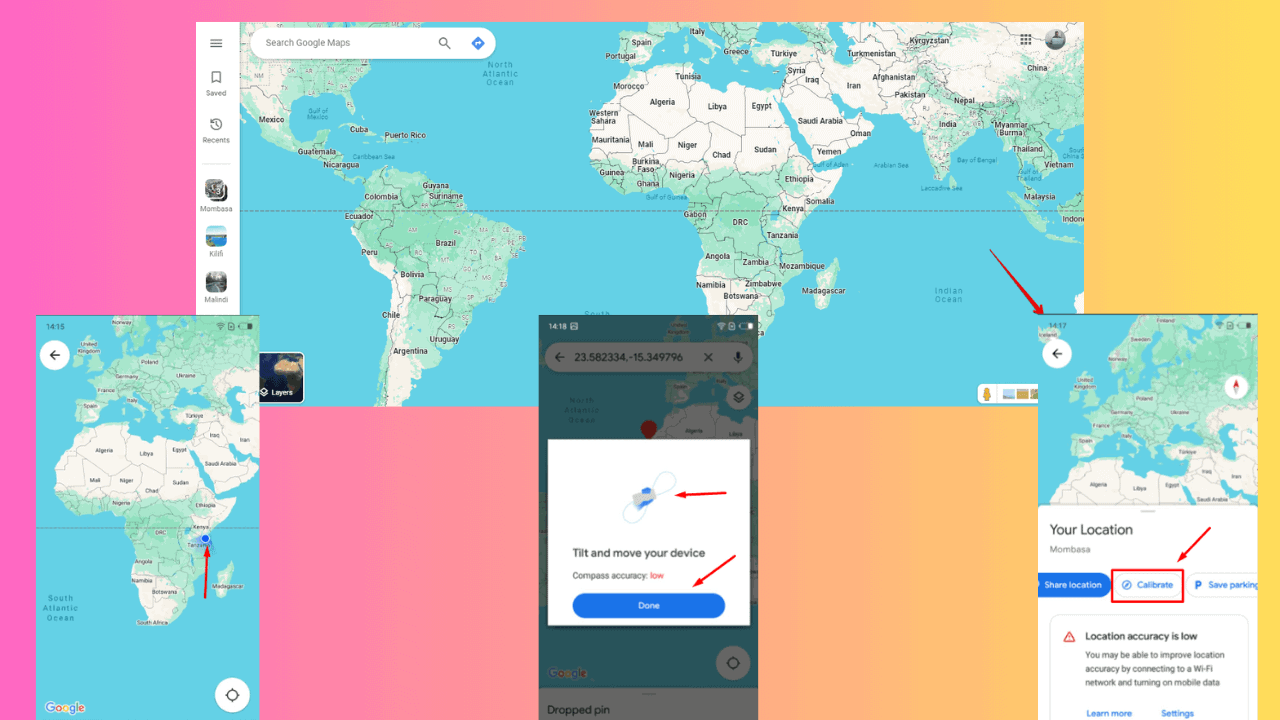Learn about iGaming Technology Trends for 2022
6 min. read
Published on
Read our disclosure page to find out how can you help MSPoweruser sustain the editorial team Read more

Sponsored
The iGaming industry has shown a willingness to embrace innovation at breakneck speed. Game developers and online casino operators are encouraged to rapidly develop ways to attract a new generation of digital-only gamers. Mobile experiences, machine learning, and cryptocurrencies like Bitcoin have been seamlessly integrated into online gambling in recent years.
So what can we expect in 2022? Will AI and Machine Learning Continue to Disrupt the Online Gaming Industry? Are there new cryptocurrencies and player retention platforms on the horizon? This remains to be seen in a rapidly changing market, but here are my top predictions for the major online gambling technology trends for 2022.
Online Gambling: Go Digital or Go Home
Tomorrow’s iGaming companies will need to emphasize technology across the organization, not just game or platform development. There is no part of a digital sales funnel, marketing, or operations strategy that does not rely on cutting-edge technology. The world’s biggest digital trends will be significant influencers – from generating player insights for marketing teams to creating dynamic game content and even payment systems that handle compliance, crypto transactions, and payments. Leveraging digital solutions across sectors separate successful operators from those falling behind the global digital business curve.
Cryptocurrencies and Crypto Casinos
Cryptocurrency and bitcoin gambling exploded last year, allowing players to gamble and earn bonuses instantly. For the past few years, iGamers has been frustrated with slow payments and high fees associated with e-wallets, bank transfers, or loan refunds. Crypto-based casinos offer a simplified process that allows for quick withdrawals, increased security, and a degree of anonymity that was not possible before blockchain technology. Wazdan’s innovative slot games are available for users to deposit and wager with Bitcoin and other coin types.
Augmented Reality, Virtual Reality, and Live Streaming
The iGaming industry has seen the rise of virtual reality (VR) and augmented reality (AR), which simulate the online casino experience and provide a digital alternative to traditional sit-down gambling. The live-streaming phenomenon of online slot machines shows that operators are focusing on entirely new interaction channels, such as influencer marketing and streaming events.
Digital Security
Protecting sensitive personal and financial information is an integral part of online gambling technology. Providing a more secure gaming environment means operators must use the latest IT technology to protect data, primarily when transmitted over the Internet. API security for modern online casinos is important and partnering with iGaming providers with software security will be a significant trend in 2022.
Internet of Things
IoT technology has been on the horizon for innovation and promises to transform the digital industry. So far, we haven’t seen IoT completely dominate the iGaming market, as many features are still limited to brick-and-mortar casinos. However, their data is still invaluable to online casinos and game developers. For example, biometrics for identification, wearable technology, and new touchscreens are all IoT-centric approaches to data collection. In 2022, we expect more data-driven analysis of player behavior patterns and machine learning tools that can be used to plan engagement or generate better marketing campaigns.
Casinos and 5G Connectivity in the Cloud
Cloud computing is a no-brainer for the continued growth of the iGaming brand. Cloud resources are the ultimate purpose of digital development, providing game developers with quick turnaround times to bring new games to market. iGaming in the cloud also provides a more reliable service – reducing downtime and improving connectivity for players as network connections are automatically optimized for their region. The spread of 5G internet will also help improve smartphone and tablet loading speeds and reduce frustration with high-latency mobile games.
AI Data Analysis
The e-commerce industry has proven that data modeling and predictive analytics can respond to customer needs in real-time. The online casino industry uses the same analytics to improve the gaming experience, detect fraud and improve data-driven business decisions. The iGaming website can track player history, betting trends, gaming preferences, and hundreds of other “signals” of player behavior. The analytics layer provides actionable insights and data usage to the iGaming technology stack, paving the way for a personalized player experience, a safer gaming environment, and improved operational efficiency.
Social Responsibility and Community Building
The online gambling industry focuses on building trust with players, with regulators, operators, and developers working to improve player well-being, safety, and security. AI deep learning technology is still in the experimental stage but has shown promising results in curbing irresponsible habits or detecting underage consumption. Technology around community building is also part of social responsibility, as the popular gaming chat platform enhances the social aspect of iGaming.
Skill-Based Slots
The latest online slot experience is moving away from pure RNG and randomness. Skill-based online slots offer a mix between the excitement of winning and the love of themed games. Players can control game mechanics such as quest progress, story completion, or quests and hunts. For example, the Wazdan game uses an innovative Hold the Jackpot mechanic that changes based on the game’s theme. These game mechanics can include anything from collecting power-ups, story progression, and bonus quests to adding rewards for skilled play.
Innovative Narrative, Sight, and Sound
The challenge for iGaming developers is to provide a deeper level of immersion through design and storytelling, state-of-the-art graphics, soundtracks, and 3D animations.
Advances in game development technology have accelerated these demands as the modern player base expects more engaging content. Many casino operators have a state-of-the-art catalogue of online slots portfolio that is developed with higher expectations for storytelling, audiovisual presentations, and gameplay, engaging players in a way that traditional slot machines can’t match.
Looking Ahead to Future iGaming Trends
The next few years will be a formative period for the online gambling industry. For modern operators and iGaming brands, adapting and responding to technology trends will mean achieving ambitious goals or falling behind in a competitive digital landscape.
As player confidence in online gambling increases, I expect the industry to grow steadily, driven by technologies that enhance this confidence and make online gambling safer. Better online security, optimized payouts, skill play, and consistent launches will keep a new generation of players coming back for more. For example, Wazdan is committed to launching 12 new games a year and aims to meet this new demand, and they are excited to see which technologies will dominate the market.
Do you think these iGaming trends will continue to gain traction in 2022? Which trends are you already using, or would you like to follow?








